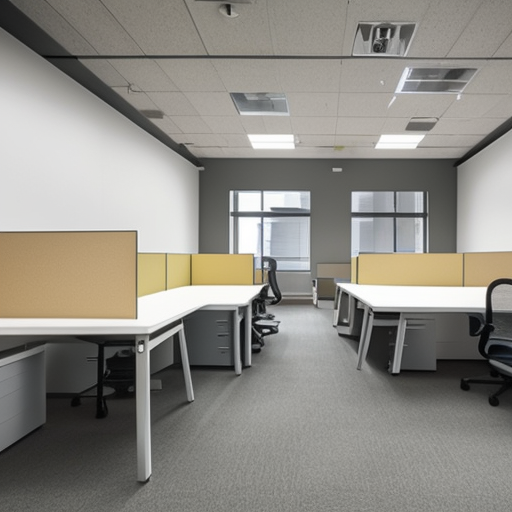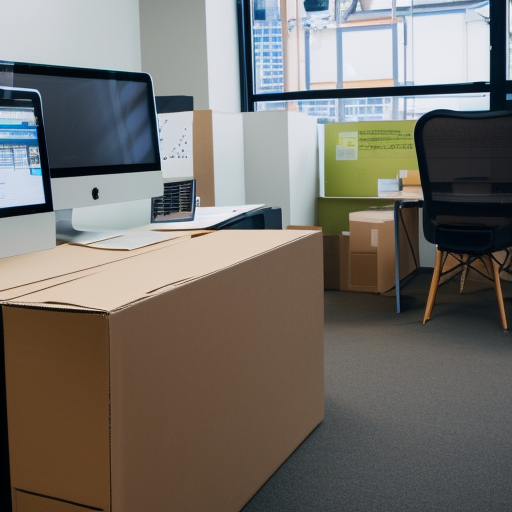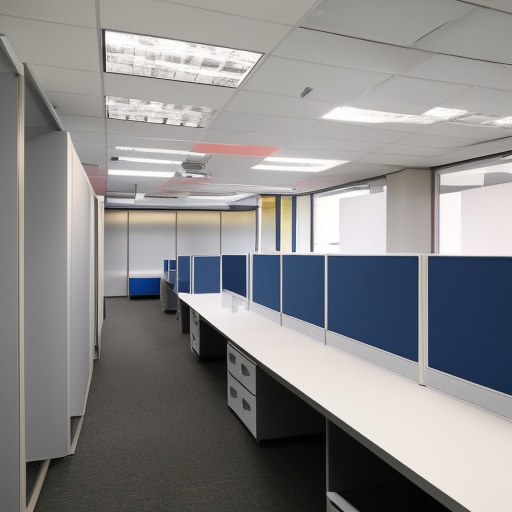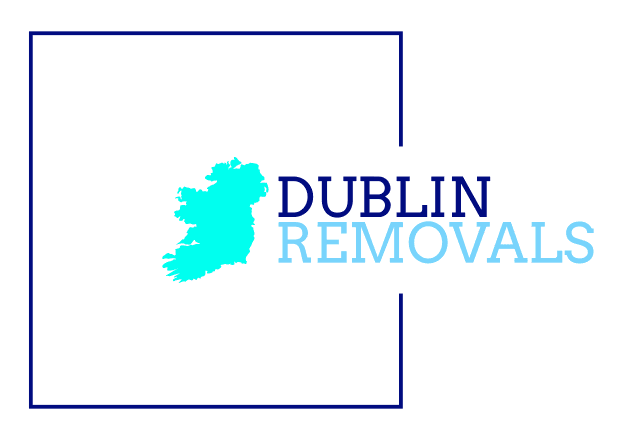As we emerge from the pandemic’s shadow, the landscape of office spaces in Dublin is undergoing a transformation akin to a caterpillar morphing into a butterfly—if the butterfly were a hybrid creature that occasionally craved the cozy embrace of its home office.

The question on everyone’s lips is: how will workplaces evolve in this new era?
This article will explore the trends shaping Dublin’s office spaces, weaving in data, expert insights, and a sprinkle of humour to keep you engaged.
The Great Office Exodus: Where Did Everyone Go?
During the pandemic, many employees discovered that their pajamas were far more comfortable than business attire.
As companies shifted to remote work, a staggering 32% of firms embraced hybrid models, allowing employees to work from home at least part of the week. This shift has not only changed where we work but also how we think about office spaces.
What Does Hybrid Work Mean for Office Design?
Hybrid work is not just a temporary fix; it’s becoming a structural transformation. A survey revealed that 56% of respondents now have hybrid setups, while 29% work entirely remotely.
This evolution means that companies need to rethink their office layouts. Gone are the days of rigid cubicles and rows of desks. Instead, we’re seeing a rise in flexible, collaborative spaces designed to foster creativity and teamwork.
Table 1: Shift in Work Arrangements Post-Pandemic
| Work Arrangement | Percentage |
|---|---|
| Hybrid | 56% |
| Fully Remote | 29% |
| Fully Office-Based | 15% |
The Rise of Employee Well-Being
With great power comes great responsibility—or so they say. As employees gain more control over their work environments, companies must prioritize well-being.
Research indicates that 80% of employers recognize their responsibility for employee mental health, yet only 32% have structured initiatives in place.
This disconnect is alarming, especially considering that mental health-related absenteeism has surged post-pandemic.
Why Should Companies Invest in Mental Health?
Investing in mental health is not just a moral imperative; it’s a strategic business move. Studies show that happy employees are more productive and loyal.
In fact, two-thirds of hybrid workers would consider leaving their jobs if required to return to the office full-time. So, what can companies do?
- Implement wellness programs: Offer resources for mental health support.
- Create flexible schedules: Allow employees to manage their time effectively.
- Design calming spaces: Incorporate natural light and greenery into office designs.

The Office as an Innovation Hub
As we rethink our office spaces, they are beginning to resemble innovation hubs rather than traditional workplaces. Imagine walking into an office that feels more like a coffee shop or a creative studio—complete with bean bags and brainstorming pods.
This shift is supported by findings from Cushman & Wakefield, which suggest that offices will increasingly serve as destinations for collaboration rather than mere places to clock in hours.
What Features Will Define Future Offices?
- Flexible furniture: Desks with wheels for easy reconfiguration.
- Collaboration zones: Spaces designed specifically for team projects.
- Relaxation areas: Quiet zones where employees can recharge.
The Environmental Impact
One silver lining of remote work has been its positive impact on the environment. During lockdowns, nitrogen dioxide levels dropped significantly—by an average of 31% in urban areas like London.
As companies embrace hybrid models, they can continue to reduce their carbon footprints by minimizing daily commutes.
How Can Companies Be More Eco-Friendly?
- Promote remote work: Encourage employees to work from home when possible.
- Reduce office sizes: Smaller offices mean lower energy consumption.
- Invest in green technologies: Use sustainable materials and energy-efficient appliances.

The Future: A Blend of Home and Office
So, what does the future hold for Dublin’s workplaces? It’s clear that flexibility will be key. Companies must adapt to the needs of their workforce by offering options that blend remote and in-office work seamlessly.
What Will This Look Like?
- Fluid workspaces: Offices designed for easy reconfiguration based on current needs.
- Technology integration: Enhanced tech tools for seamless communication between remote and in-office workers.
- Focus on culture: Creating an inclusive environment that fosters connection regardless of location.
Conclusion: Embracing Change with Humour
As we navigate this brave new world of work, it’s essential to approach these changes with both seriousness and levity.
After all, if we can’t laugh at our mismatched Zoom backgrounds or those awkward moments when you forget your camera is on during lunch, what’s the point?
In summary, the future of office spaces in Dublin is bright and flexible. By prioritizing employee well-being and embracing innovative designs, companies can create environments that not only enhance productivity but also foster happiness.
So whether you’re moving your entire operation or just your desk plant, remember: adaptability is the name of the game.
As Dublin Removals prepares for this exciting evolution in workplace dynamics, we’re here to help you navigate your next office move—be it across town or just across the room!
